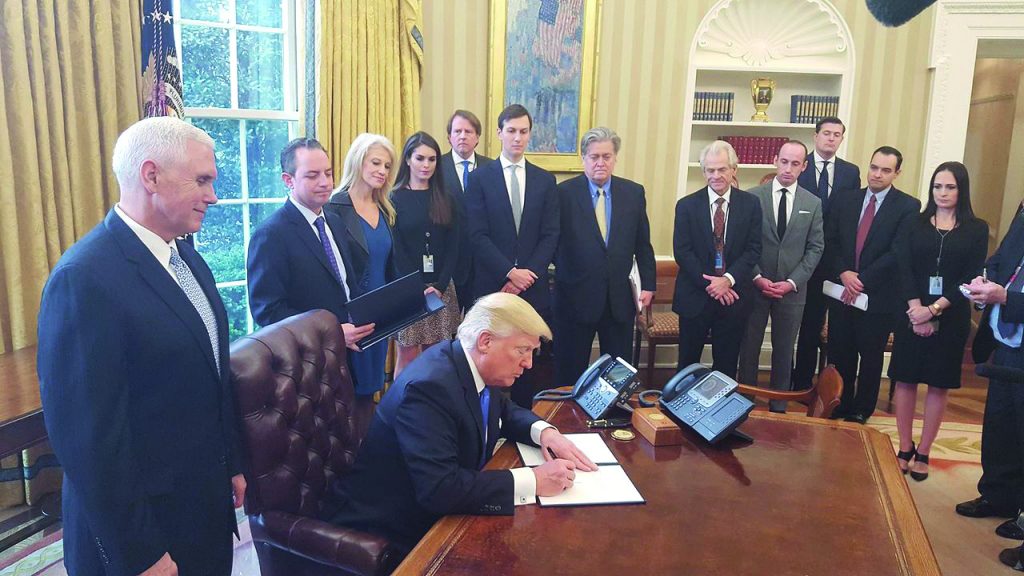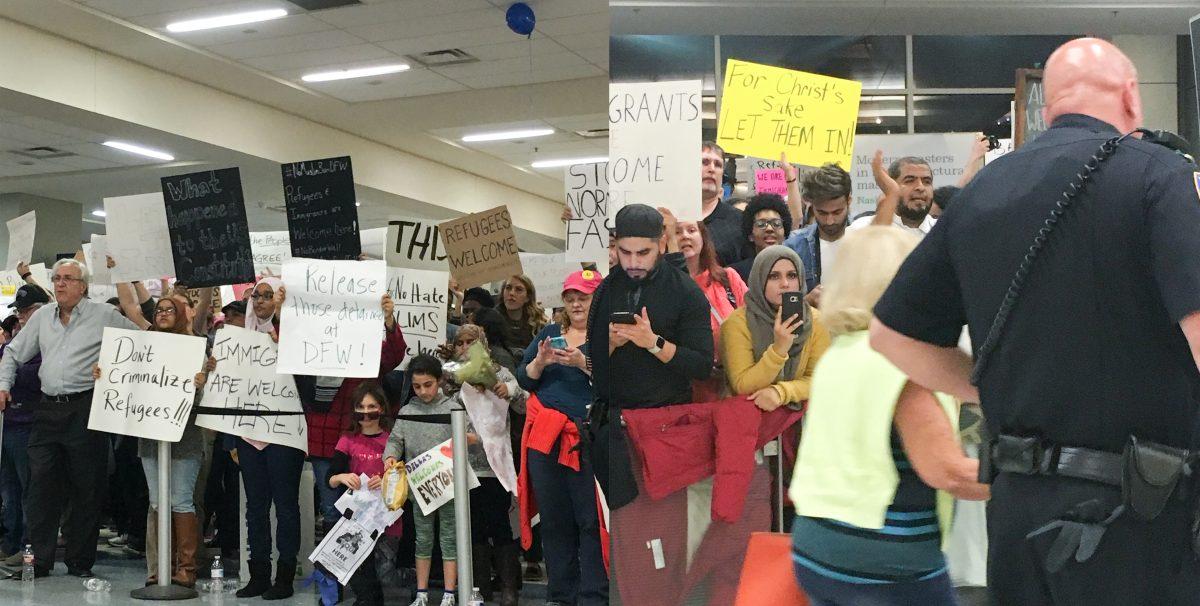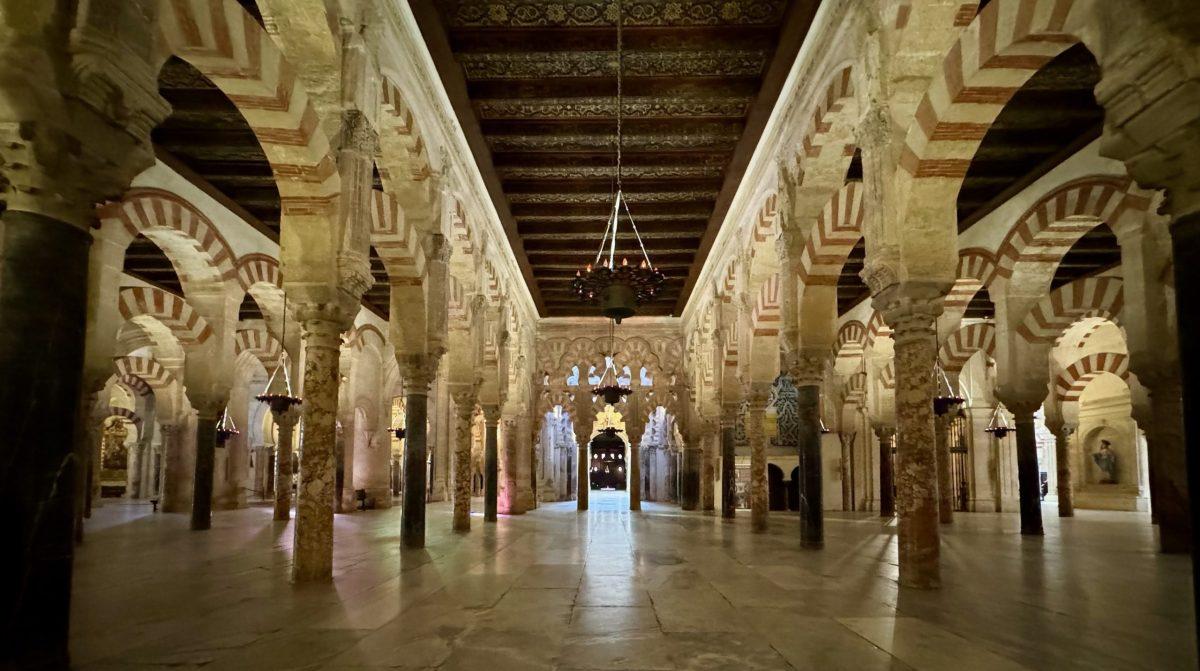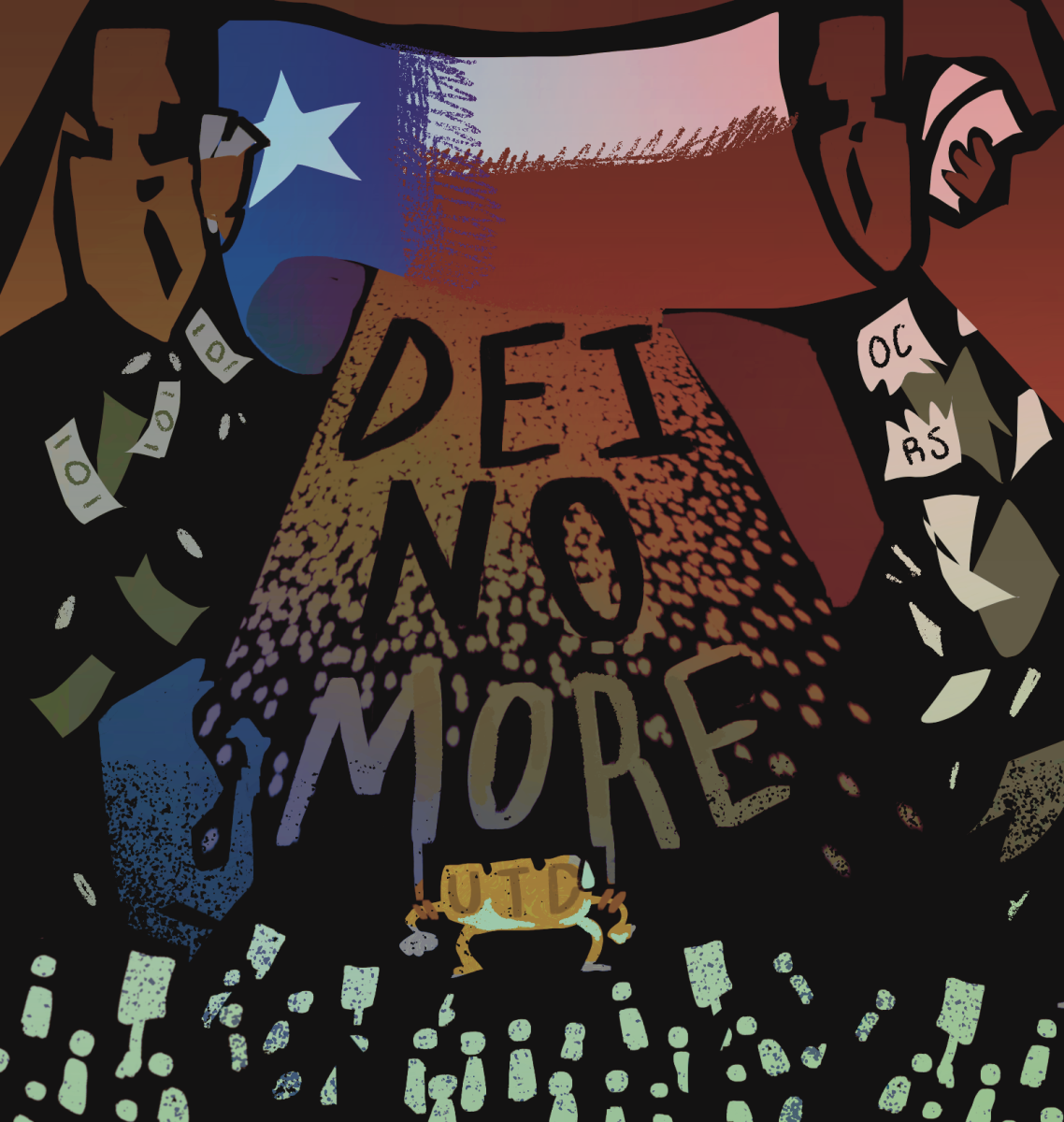This story has been corrected since its original publication.
President Donald Trump signed an executive order on Jan. 27 that denied admission to nationals from seven majority-Muslim countries for 90 days — even those who held green cards.
On Feb. 3, a federal district court in Seattle temporarily suspended the executive order nationwide. The Trump administration filed an injunction to reinstate the order, but the request was denied by the U.S. Court of Appeals on Feb. 5, as reported by The Guardian. The legal battle over the ban is expected to continue over the coming weeks, leaving UTD students with roots in the affected countries still in limbo.
The court’s suspension of the executive order allows visa holders and green card holders — permanent residents — that were overseas at the time of the executive order to return home.
The application process for green cards and visas in these seven countries, however, is still halted and the ban will continue to apply to those who don’t have a green card or visa in hand.
Iran is one of the seven countries listed in the order and, according to UTD’s fall 2016 statistics, it is the sixth largest country of origin for students at the university.
Many Iranian and Muslim students particularly are concerned about the action on immigration and what it could portend.
“A lot of people are outraged and they’re appalled that something like this is even trying to be put into action,” said Bilal Ayub, a business administration senior, on behalf of the UTD Muslim Council, which represents the Muslim Student Association, Alpha Lambda Mu, Mu Delta Alpha and Islamic Relief at UTD.
Cristen Casey, associate vice president for International Programs, said members of the UTD community have offered to house students over spring or summer break if they cannot return home.

“There are some people who have direct impacts, people from the countries listed in the executive order for example, and those individuals may have to consider changing travel plans, visiting family, things like that,” she said.
The university will not have statistics on the order’s effect on current or future enrollment for some time.
Idean Salehyan, a political science professor specializing in the politics of immigration, speculates that the university will lose students from the affected countries.
“We have students from across the region coming to study for their Ph.D.s and Master’s in science and technology fields who won’t be able to come,” he said.
The International Center has worked with the Counseling Center to create a conversation group for students impacted by the order. Donnalin Constantin, the psychologist who facilitates the group, said they have been speaking about the executive order and its effects on the students.
“There were a couple of students who spoke directly about, for example, wanting to go home for the summer or wanting to go home during the break and fearing that it might not be a possibility,” Constantin said. “Just imagine you being in that position,”
The International Center is also currently reaching out to international student prospects, particularly those who have already committed to UTD, in order to provide information about what services they can expect from the campus. For current international students that are effected by the order the they are providing information and resources.
One aspect of that information is a webpage that the International Center created in the wake of the executive order. The page on the UTD website provides immigration resources and support as well as information about free attorney services that are available through student government.
“We do not know what the downstream impacts may be. Our goal at this point is to ensure that we’re providing accurate information, transparent information, we’re letting people know as soon as we do any of the impacts so we can try to build as much certainty as possible in the current environment,” Casey said.
Several Islamic organizations on campus are looking at ways to not just support their members, but also organize the campus to combat the order and possible future government action.
“What we really want to continue to support the student body with is awareness and plug them into other student organizations that conduct voter registration drives, that’s something we can never ever underestimate the importance of,” Ayub said. “So little by little, it’ll take a few workshops, it’ll take continuing to do awareness on campus, but overall I’m very optimistic about the (UTD) student community in general.”











